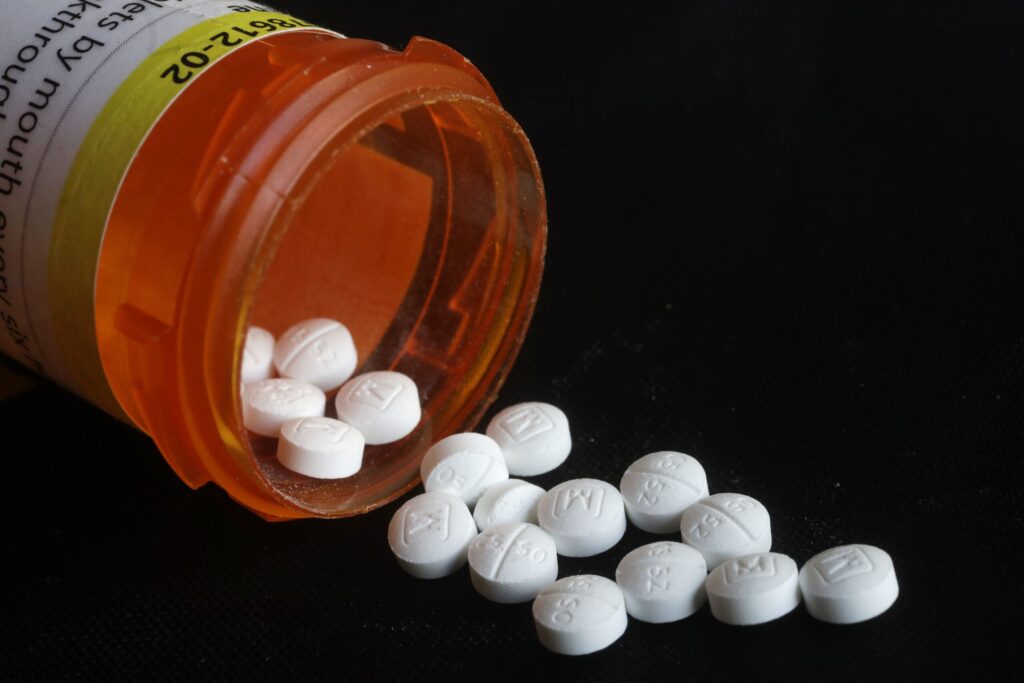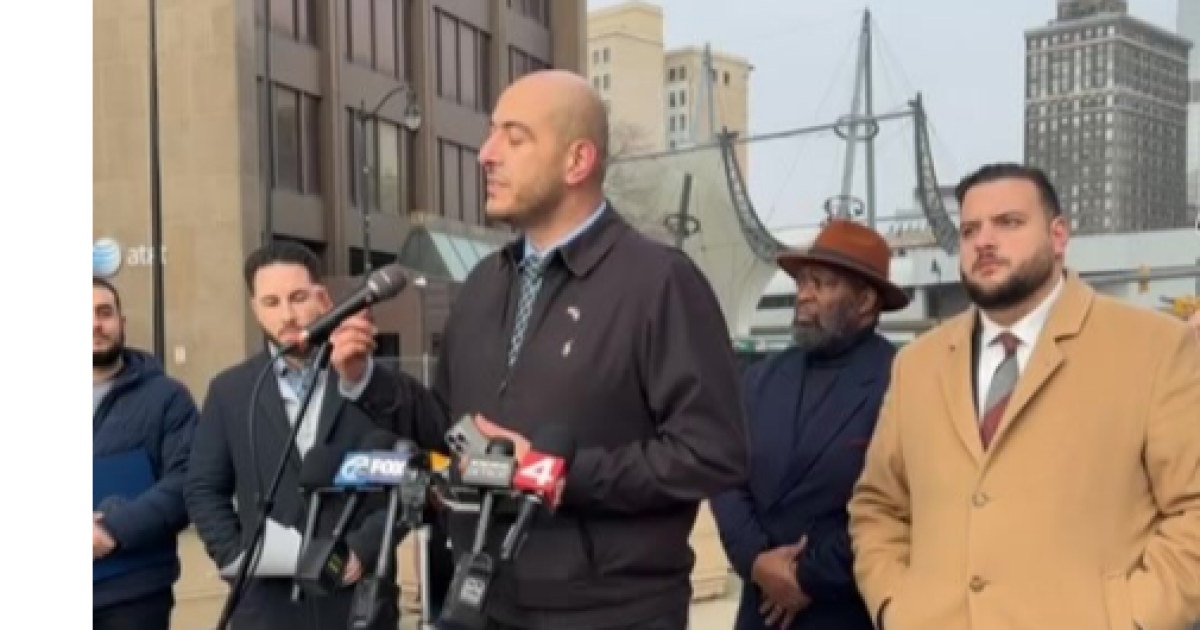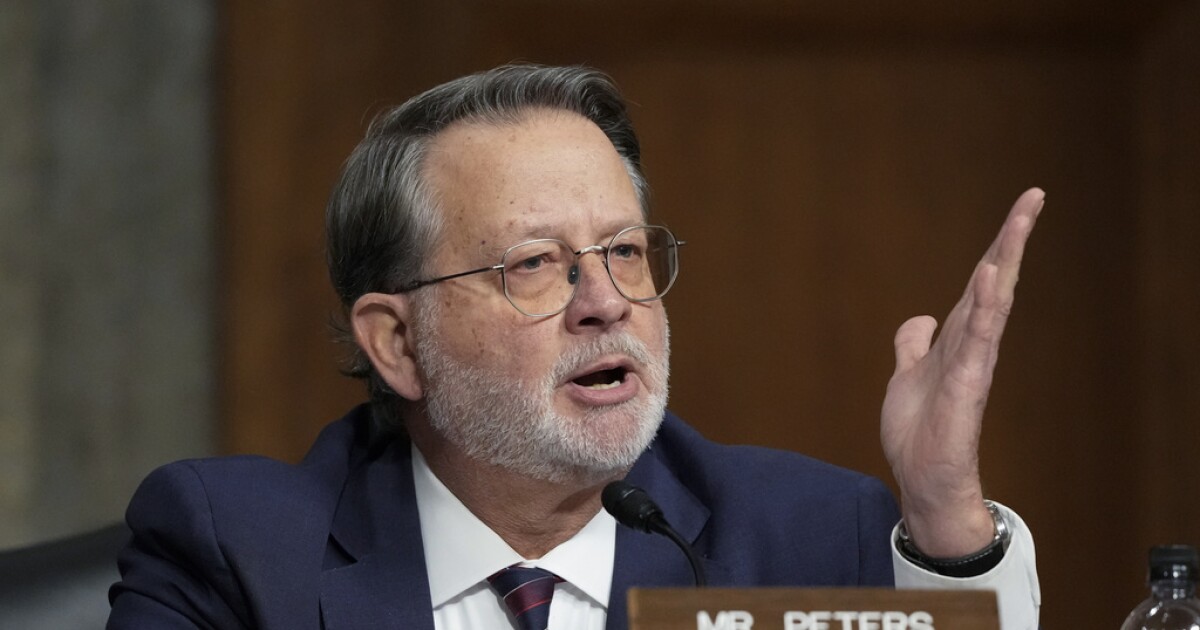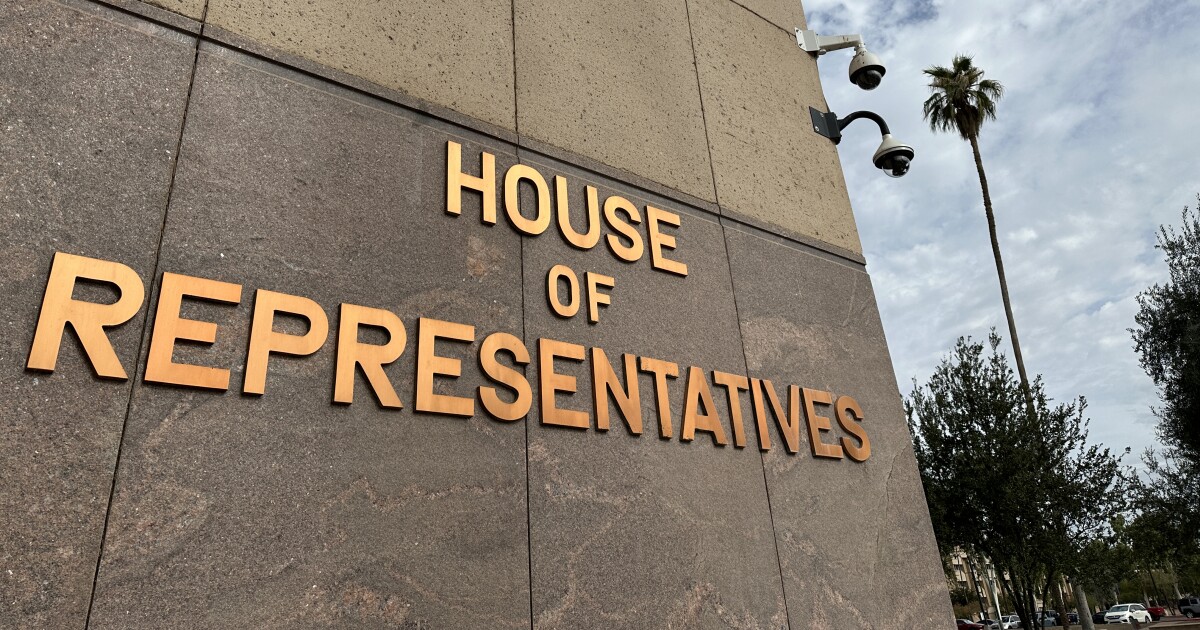Article Summary –
Michigan’s efforts to combat the opioid crisis have led to a significant reduction in overdose deaths, with 1,505 deaths projected from January to September 2024, down from 2,931 in 2023, marking the third consecutive year of decline. The state’s strategy includes distributing over a million naloxone kits, expanding the Michigan Opioid Task Force to include local perspectives, and securing $1.6 billion in opioid settlements to fund ongoing recovery and prevention initiatives. Recent legislative efforts, such as a nine-bill package requiring school nurses to carry Narcan and allowing doctors to prescribe Narcan alongside opioids, aim to further reduce barriers to care and prevent overdose deaths.
Michigan officials report progress in battling the state’s opioid crisis, with fewer overdose fatalities, according to provisional Michigan Department of Health and Human Services data.
Preliminary data indicate that from January to September 2024, Michigan recorded 1,505 overdose deaths, a notable drop from 2,931 in 2023, marking the third consecutive annual decline.
“Thanks to coordinated, statewide efforts and strategic investments, we have seen a significant decline in overdose deaths in Michigan,” said Dr. Natasha Bagdasarian, Michigan’s chief medical executive. “We ranked in the top five states for greatest reduction in overdose deaths. With the Michigan Opioids Task Force and local partners, we’ve distributed over a million naloxone kits, strengthened data systems, and prevented thousands of overdose deaths using naloxone.”
Gov. Gretchen Whitmer established the Michigan Opioid Task Force in August 2019 to address the rising opioid deaths. This task force comprises state officials and public health experts focused on identifying causes and developing strategies.
U.S. drug overdose deaths have risen over three decades, with opioids being a major factor. The CDC reports over 500,000 overdose deaths involving opioids since 1999.
A decline in overdose deaths occurred between 2017-2019; however, the COVID-19 pandemic intensified the opioid epidemic due to increased isolation and reduced treatment access, pushing the numbers up again by 2020.
The state has actively sought resources for opioid prevention, treatment, and recovery. In 2022, Whitmer expanded the Michigan Opioid Task Force’s membership to include community input from local leaders and public meetings.
Michigan pursued legal action against opioid manufacturers like Walgreens and CVS, winning $1.6 billion in settlements over six years. These funds are evenly distributed among local governments and the Michigan Opioid Healing and Recovery Fund to support treatment and prevention services.
“The progress we are seeing in combatting the opioid epidemic proves what is possible when real investments are made in treatment and prevention,” Attorney General Dana Nessel stated. Her office credits groups like Face Addiction Now for expanding outreach, education, and peer support.
Lauren Rousseau of Face Addiction Now highlighted the need for sustained funding and community engagement to address nonfatal overdoses. “While overdose deaths have declined significantly, due in part to the increased accessibility of Narcan, nonfatal overdoses remain high,” she noted.
To combat overdose risk, the state Senate passed a nine-bill package requiring school nurses to carry Narcan, allowing doctors to offer Narcan with opioid prescriptions, and reclassifying fentanyl testing strips. It received bipartisan support and awaits the House’s review.
“Michigan families deserve more than sympathy for opioid losses—they deserve action,” said Democratic Sen. Kevin Hertel. “These bills aim to provide real solutions: fewer barriers, more care access, and better overdose prevention tools.”
—
Read More Michigan News










